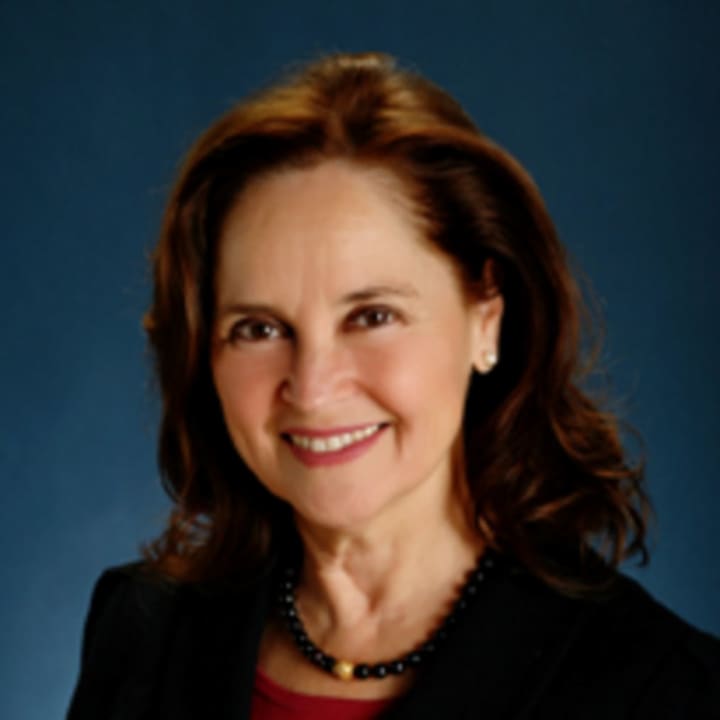Trump signed an executive order on May 11 to form the Presidential Advisory Commission on Election, a 16-member commission chaired by Vice President Mike Pence, with Kansas Secretary of State Kris Kobach serving as vice chair. The commission's stated mission is to study the registration and voting processes for federal elections and identify vulnerabilities and fraud.
Trump has repeatedly stated that he believes that millions of people voted illegally in the 2016 election. Merrill, a Democrat, has called these assertions "lies" and "frankly un-American."
Kobach sent a request to states last week asking for voter information that included names, party affiliations, addresses, voting records, dates of birth and the last four digits of Social Security numbers. In response, more than 30 states have refused to comply with the requests.
In a letter to Kobach on Sunday, Merrill said, "I am in receipt of your request of information and have concluded that fulfilling your request is not in the best interest of Connecticut residents."
Merrill said in her letter that the request is "too broad" and the stated purpose for requesting the information is vague. She added that Kobach's request does not specify any legal authority to request the information, and that he does not provide any assurances that voters' private information will be safeguarded.
In a statement, Merrill said that Connecticut will share publicly-available information, but will withhold protected data.
"In the same spirit of transparency, we will request that the Commission share any memos, meeting minutes or additional information as state officials have not been told precisely what the Commission is looking for. This lack of openness is all the more concerning, considering that the Vice Chair of the Commission, Kris Kobach, has a lengthy record of illegally disenfranchising eligible voters in Kansas. (See, for example, Fish v. Kobach, No. 16-3147, 10th Cir. 2016). The courts have repudiated his methods on multiple occasions but often after the damage has been done to voters. Given Secretary Kobach's history we find it very difficult to have confidence in the work of this Commission."
Merrill in her letter laid out several points that she insisted on before considering sharing any data, including the Commission's meeting schedule and the process for public comment. She also asked whether the Commission would acknowledge that Russians attempted to influence and hack the 2016 election, and what the Commission's role would be in country's electoral infrastructure from sabotage or malicious acts.
She also asked the Commission to provide the purpose for states to provide voter registration databases, and whether that information would be subject to Freedom of Information Act requests.
Critics have argued that providing such confidential voter information to the federal Commission could potentially be used to disenfranchise voters. In a tweet where she shared the letter she sent to Kobach, Merrill used the hashtag #VoterSuppression
Click here to follow Daily Voice Danbury and receive free news updates.


